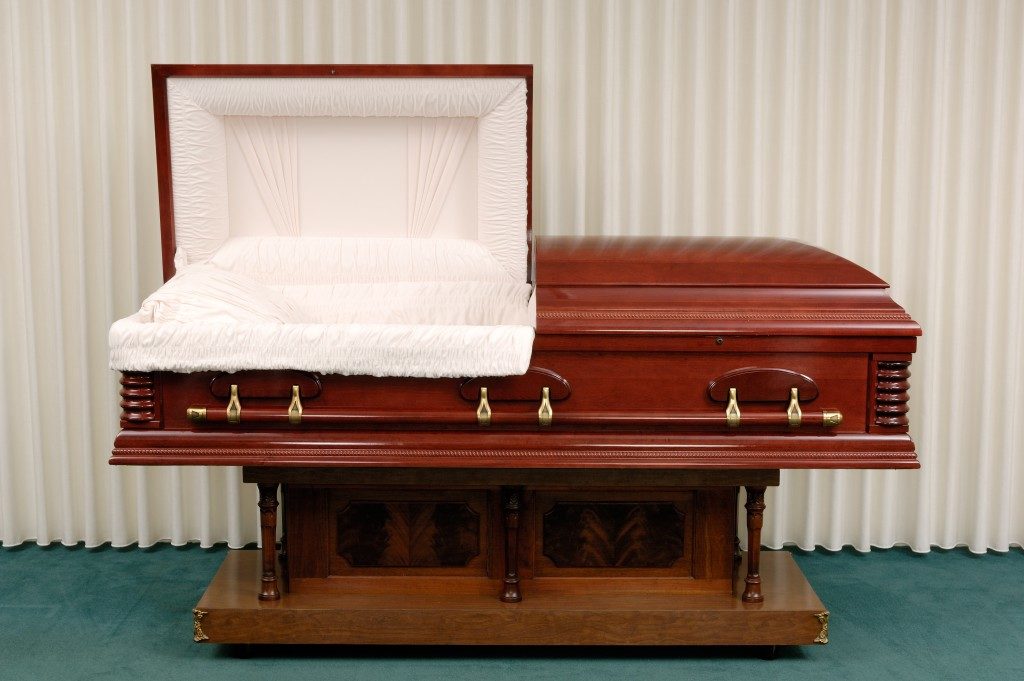Death is inevitable to everyone. For some people, it could be any day. While others have to wait for years as they slump in their bead, waiting for their time to come. Some people see nursing homes as their waiting rooms. Others even believe that nursing homes are where people send their loved ones whom they can no longer care for at home.
Where people die matters
Every person has a unique point of view about life as well as death. While others see nursing homes as a place where they get the care that they need, others strongly feel like avoiding them at all costs. It is crucial to realize that the place of death matters. Similar to how a person’s living environment influences their life, their place of death does, too.
Many people want to receive care at home if possible. But they do not want to die there, either. Some people choose to take a senior care franchise opportunity because it provides those who are nearing death the proper home care that they need.
The feeling of uncertainty when facing imminent death
Patients do not know the symptoms that they will develop or if their caretaker can handle them on their own. The feeling of uncertainty makes their situation more difficult, especially when they are in an unfamiliar place. People feel scared of the thought of spending their lives in palliative care. It is crucial for the staff to find a way to make their patients feel secure.

How you die is important
Most people often disregard the fact that life is short. No one puts money into palliative care because death has not come to their minds yet. As life expectancy is increasing, so is the way people die. Now, more people are dying because of long-term illnesses rather than infectious complications. Hospices take the responsibility of caring for people diagnosed with long-term chronic diseases. The care that hospices provide enables patients to continue living their lives. At the same time, it also allows patients to enjoy the quality of life that they deserve.
Talking about the end of life
It is not unusual for patients and their families to have disagreements about their preferences. It stems from the fact that family members favor formal care in hospitals or hospices more often than the patients themselves. Caretakers try to explain that choosing hospices over home care provides patients with immediate access to medical support. But care provided by strangers in a place that is unfamiliar to them makes them uncomfortable. This is something that both parties should consider. One way to help reconcile the difference is by talking to each other and talking about their preferences. See if they can negotiate their choices about both parties’ needs.
End-of-life discussion is continuous among everyone involved, including healthcare professionals. It takes time to end the dialogue. But speaking about each other’s preferences can help families to understand what matters most to the patient as they approach the final stage of their life.
